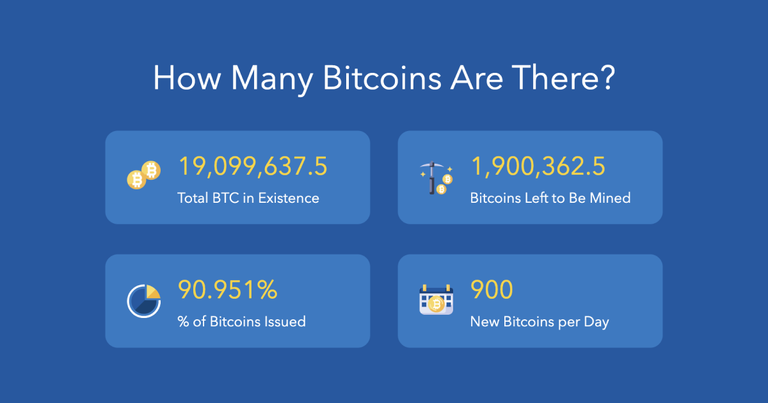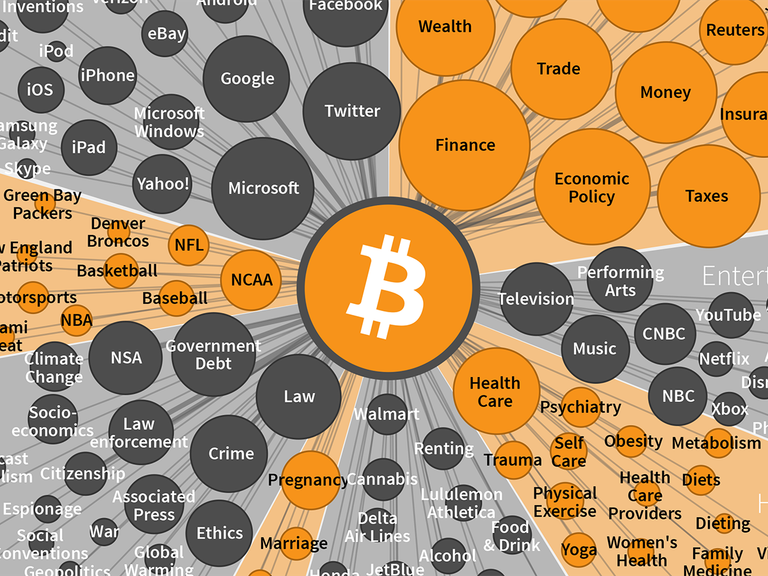Key Points and In-Depth Analysis of Germany's Bitcoin Sale and Government Holdings

Germany's Bitcoin Sale
According to Arkham Intelligence, Germany sold all its 50,000 confiscated Bitcoins (BTC) on July 12, amounting to roughly $3 billion. The sale began at the end of June on major exchanges, leading to a 15% drop in BTC's value. Meanwhile, several other governments are accumulating the top cryptocurrency.
Global Government Bitcoin Holdings
Bitcoin Treasuries, a website tracking Bitcoin transactions by public and private companies, ETFs, smart contracts, and central governments, reported that as of July 15, global governments hold a total of 517,414 BTC, worth about $32 billion at current prices. These estimates are based on SEC filings, quarterly reports, and press releases. Despite governments holding 2.5% of the total BTC supply (capped at 21 million), their investment in the asset remains relatively small.
Potential Government Collaboration to Manipulate Bitcoin
Many governments that hold BTC have historically opposed cryptocurrencies. The SEC, for example, faced numerous lawsuits before approving Bitcoin and Ethereum Spot ETFs in 2024. Bitcoin's involvement in money laundering, sanction evasion, and high-profile thefts has tarnished its reputation with authorities. Its disruptive potential in decentralizing and democratizing finance hasn't won favor with most governments.
Germany's recent Bitcoin sale highlighted a concerning issue: governments collectively hold $32 billion in BTC, which they might view more as ill-gotten gains to liquidate rather than assets to manage strategically. Eric Vander Wal, CEO of the web3 platform Uprising Labs, warned about the negative consequences of such mass sell-offs. He stated that unloading large quantities of BTC could be seen as market manipulation, leading to significant price volatility that could deter investors and create short-term downward pressure on BTC prices.

Market Impact and Political Reactions
After Germany started selling its BTC, Bitcoin's price dropped by about 15% to $53,000. However, it has since rebounded, trading at $65,117, up 3.5% in 24 hours. German MP Joana Cotar criticized the government's Bitcoin sale, calling it unwise and non-strategic, suggesting they might not fully understand the implications of their actions.
Countries like China, Venezuela, and Russia have already imposed strict restrictions on digital currency trading, raising suspicions about using cryptocurrencies as geopolitical tools. In some cases, Bitcoin trading is completely banned, as seen in Zimbabwe. Some observers worry that governments holding BTC could collaborate to crash the Bitcoin market. Wal suggested that governments might manipulate prices by strategically liquidating their holdings during market weakness and low liquidity, potentially causing severe market disruptions. Negative regulatory actions could also exert downward pressure on BTC prices.
Need for Protective Measures
In addition to intelligence task forces for investigating and seizing BTC, further measures such as political safeguards, advisory committees, and offshore platforms are necessary to protect crypto markets. Crypto-progressives like Bundestag representative Joana Cotar are pivotal in this effort.

Proposed International Framework
Wal advocates for the creation of international frameworks to manage government-held Bitcoin and mitigate market risks. Such frameworks could ensure market stability, transparency, regulatory consistency, and prevent further market manipulation. This could involve a regulatory body composed of representatives from major economies with significant holdings and an international organization. However, Wal emphasized that Bitcoin's decentralized nature requires it to be organized similarly on a social level.
I wonder if the German government's actions are not so much an attempt to crash Bitcoin, and more of a desperate bid to raise funds any way they can.
The economy is starting to falter, with the growth forecast for 2024 recently cut to 0.2% following a 0.3% contraction in Q4 2023. They are facing significant de-industrialisation due to increased energy costs now they are unable to access cheap Russian gas.
But on top of this, the £3Bn raised from BTC sales doesn't come near to covering the aid Germany has given to Ukraine (anything from 10 to 28 billion, depending on whose figures you believe, whether you include promised aid or just that actually delivered, and whether you include the cost of equipment taken from Bundeswehr stocks).